

ISOBUS training, AgroFarm, 2018.
The French and British teams use our models to have a long and very funny discussion on the carpet of the training room about the difference in positioning the GPS antenna on a standard tractor or a crawler tractor!
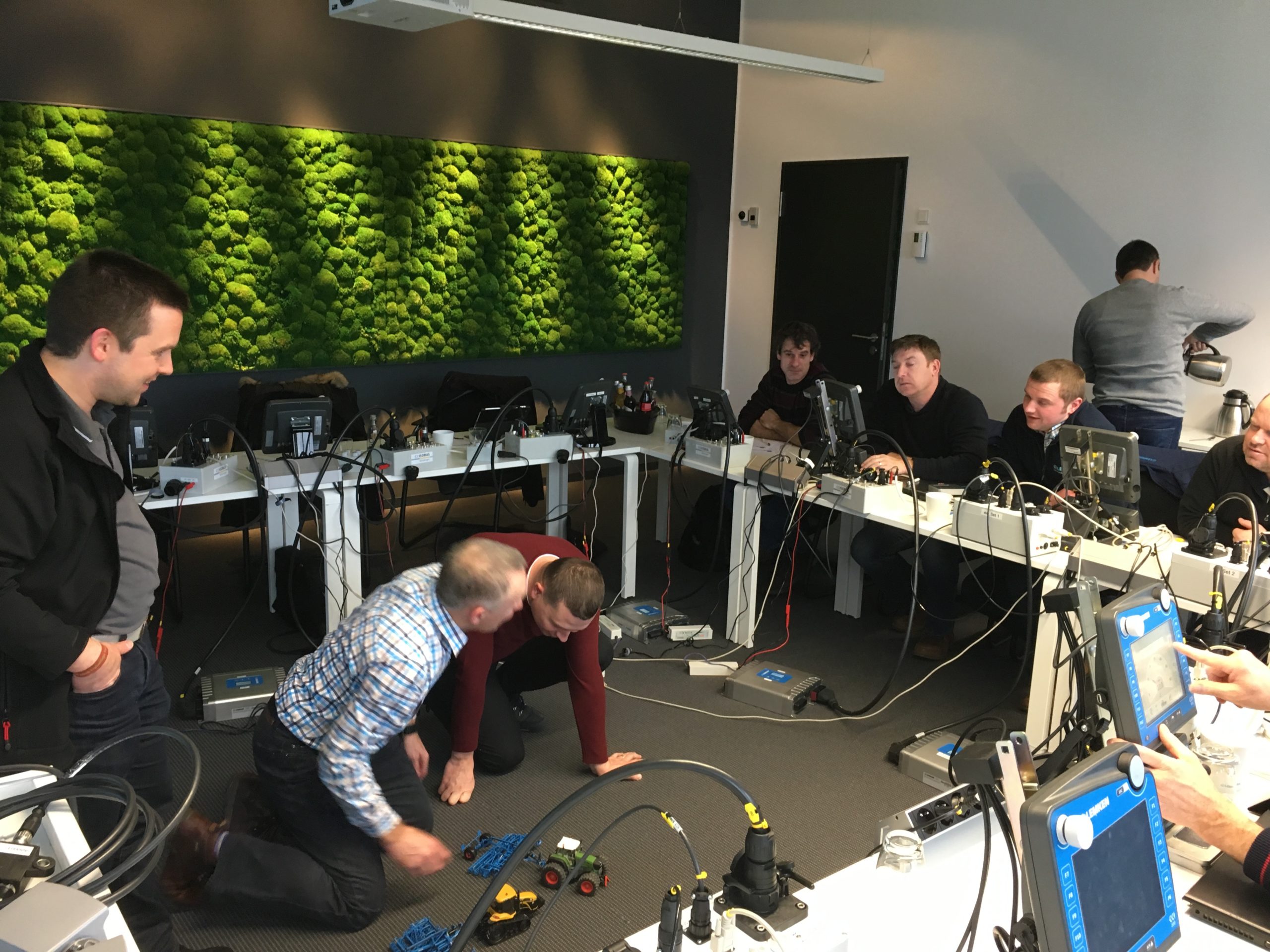
Find answers to four questions that you always wanted to know about LEMKEN!
“If we grow food in the future in the same way as today or in the past, we are certainly wrong. We need a change of system. We think too conservatively for that.
But if I were to tell you,
>>We’ll still be using smartphones in 2050<<
…you’d think I was gaga.”
Urs Niggli, Bio-researcher
Source: Photo Urs Niggli © Photographer: Samuel Schalch
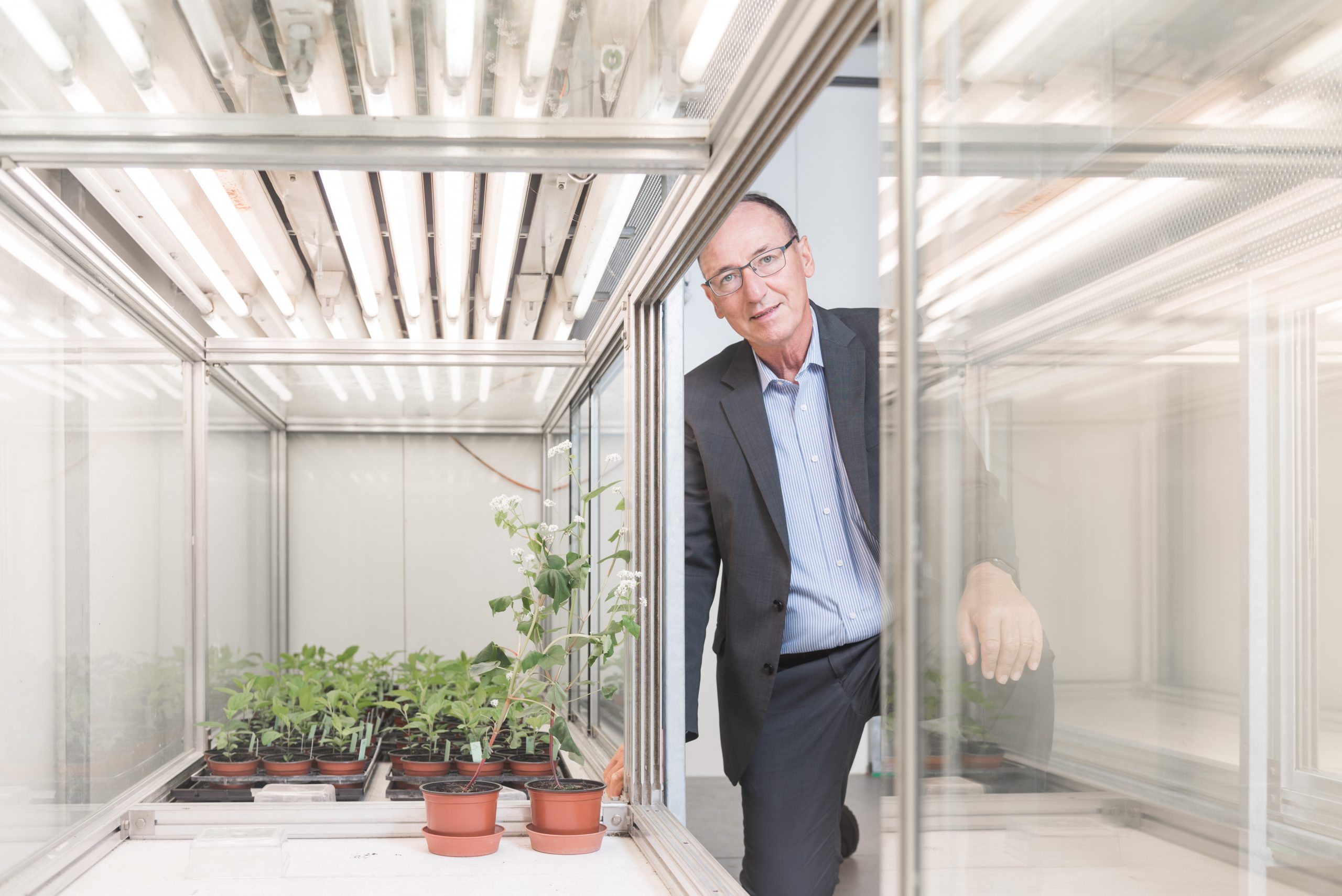
“Our vision is to develop and improve machines and processes that provide healthy food and energy for the ever growing world population.
Digitalisation, cobotics and sustainability of the processes for the purpose of conserving resources and ensuring biodiversity represent a completely new challenge”.”
Prof. Dr.-Ing.Thomas Herlitzius Director of the Institute for Natural Product Technology at TU Dresden
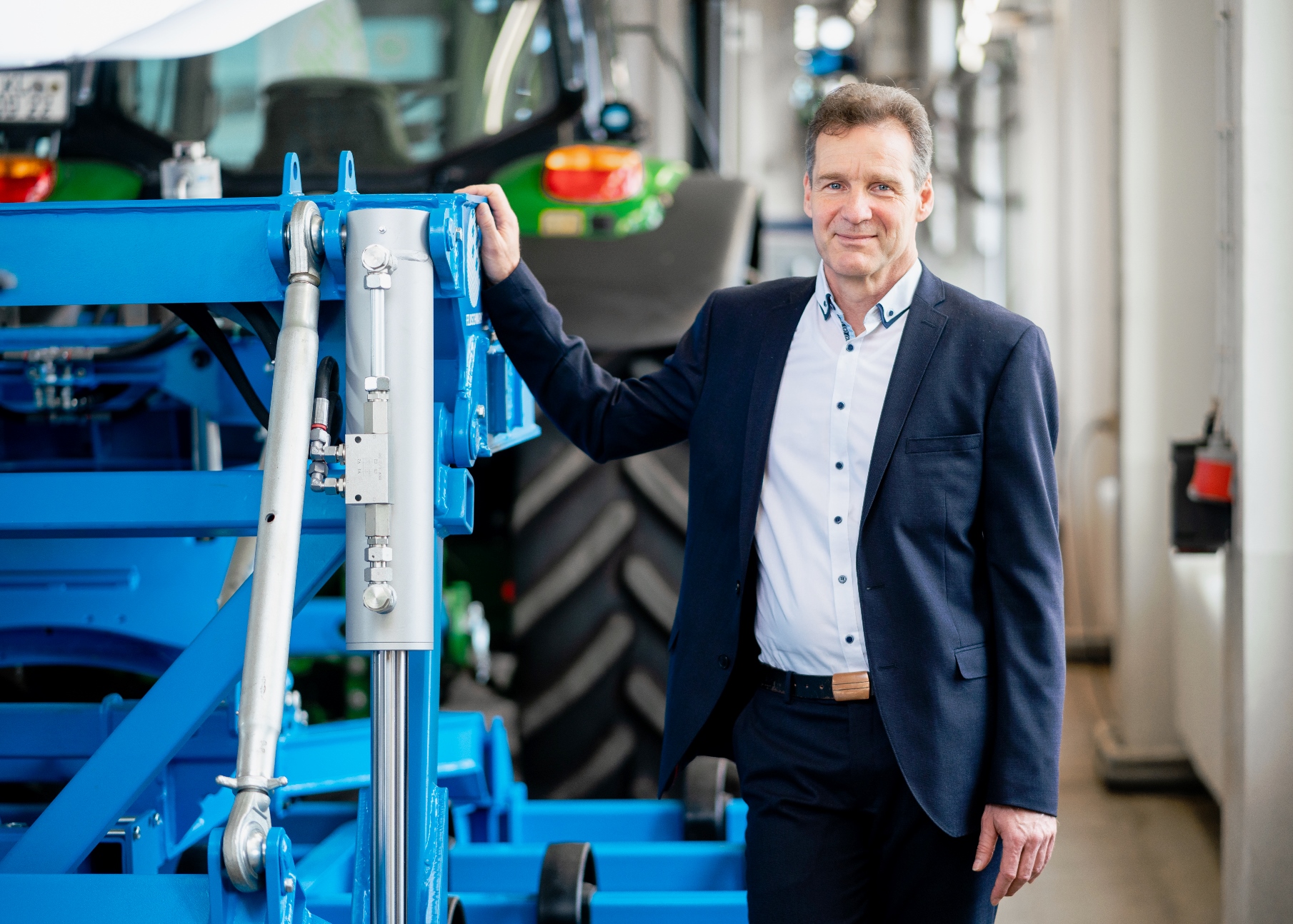
LEMKEN has been following this path for some time.
And the Swiss Urs Niggli, former director of the Swiss Federal Office for Agriculture, is also convinced that traditional knowledge must be combined with high-tech.
While monocultures such as wheat and rapeseed are still being planted today, in the future several crops will grow on the same field: trees, shrubs, vegetables.
On the one hand, this brings biodiversity back to the fields. And on the other hand it is good for the harvest.
The 66-year-old Niggli predicts up to 150 percent more yield. “All this is made possible by technology: GPS-controlled tractors can drive around bushes and trees. In the harvester, sensors look to see that the wheat grain is scooped to the left and the pea grain to the right. The geometry of the field will also change. Today we have square fields. In the future we’ll grow crops in strips along contour lines.”
© Source: https://www.nzz.ch/schweiz/urs-niggli-mit-der-gentechnik-ist-es-historisch-schief-gelaufen-ld.1550799
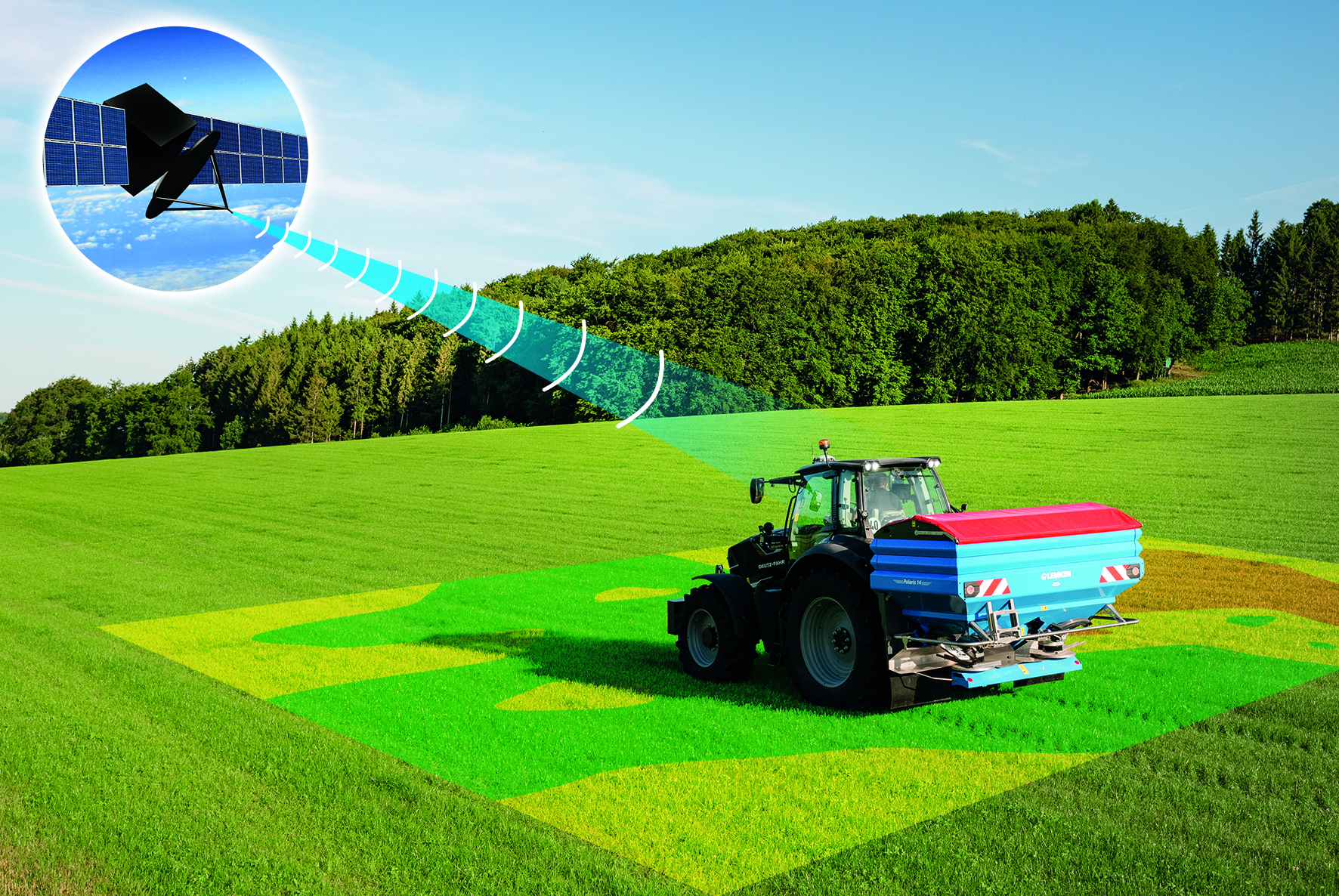
Yeah, you read it right: Glocalization.
A fusion of nationalization and globalization, according to futurologist Matthias Horx..
In it, the three future trends Mega Farming, Next Nature and Bio Plus can be found.
© Source: https://www.topagrar.com/management-und-politik/news/zukunftsforschung-von-robotern-bis-zu-alt-baeuerlichen-strukturen-10086013.html
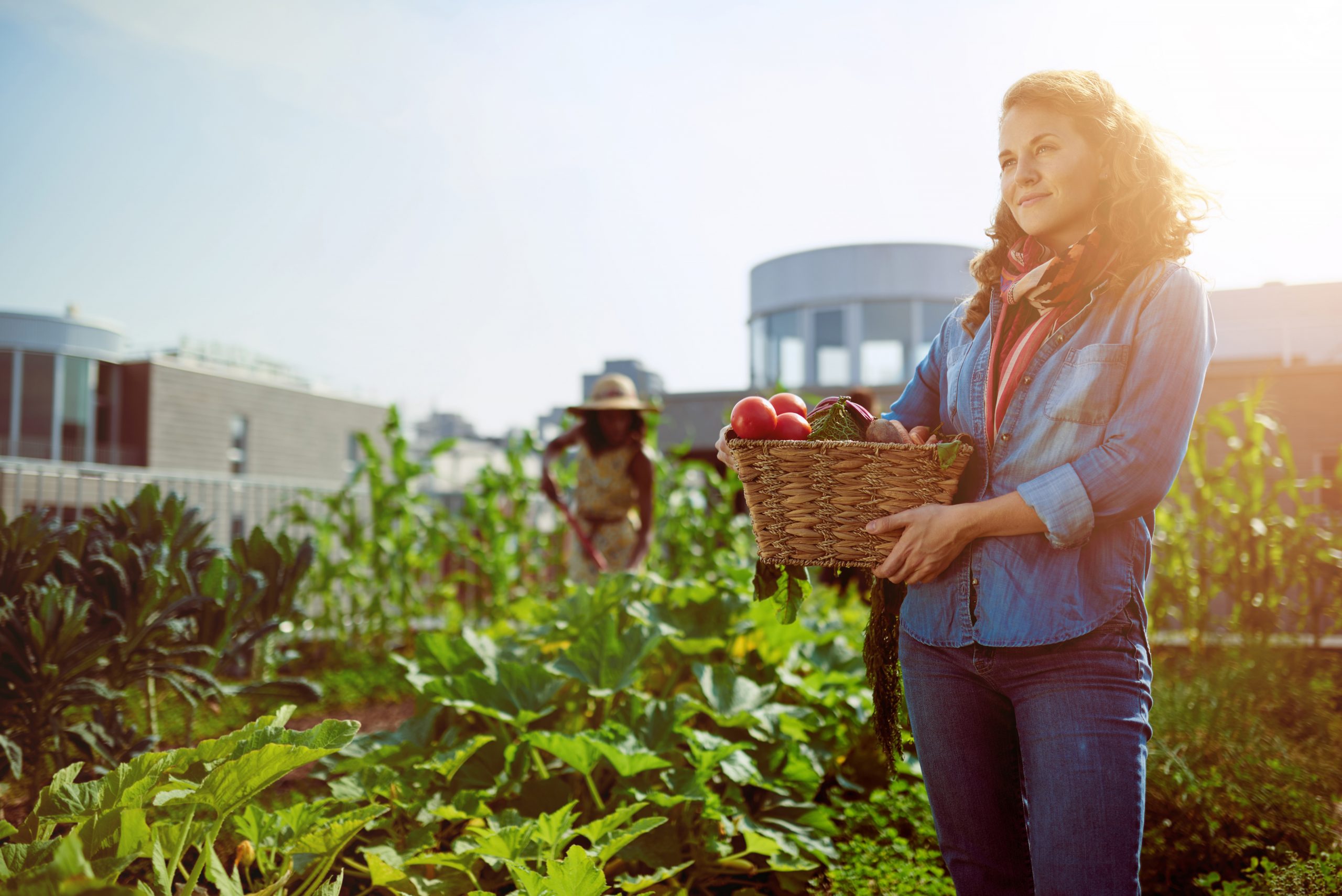
Mega Farming is about highly technical agriculture, which is mainly done by robots. Humans control the machines in the sense of an efficient and biological raw material economy.
Next Nature describes the category of new products, since a large part of the population rejects meat from factory farming or monocultures. This frees up the market for alternative products that no longer differ in taste from conventional products. The products are grown in high greenhouses or even underground. Directly in the cities.
Horx understands Bio Plus as concepts such as solidarity-based agriculture and urban gardening. Restaurants, for example, are supplied directly by the farmer. All in the spirit of animal welfare, traceable production sites and ecological-economic supply chains.
Climate protection is a bit like bread. On everyone’s lips.
This is also one of the key issues for agriculture. The Forum Modern Agriculture has developed three scenarios of what farms could look like in the future:
The cycle farm, where the nutrient and production cycles close.
The participatory farm, where consumption meets agriculture.
And the Smart Data Court, where data-controlled production ensures climate protection..
No matter how different the approaches are, they are all about reducing emissions, binding climate gases and not simply letting climate change happen.
It is to act accordingly.
So that in future everyone will be talking about more bread and less climate change.
© Source: https://www.cerri.iao.fraunhofer.de/de/projekte/AktuelleProjekte/Zukunft-Landwirtschaft.html